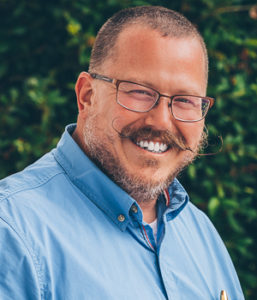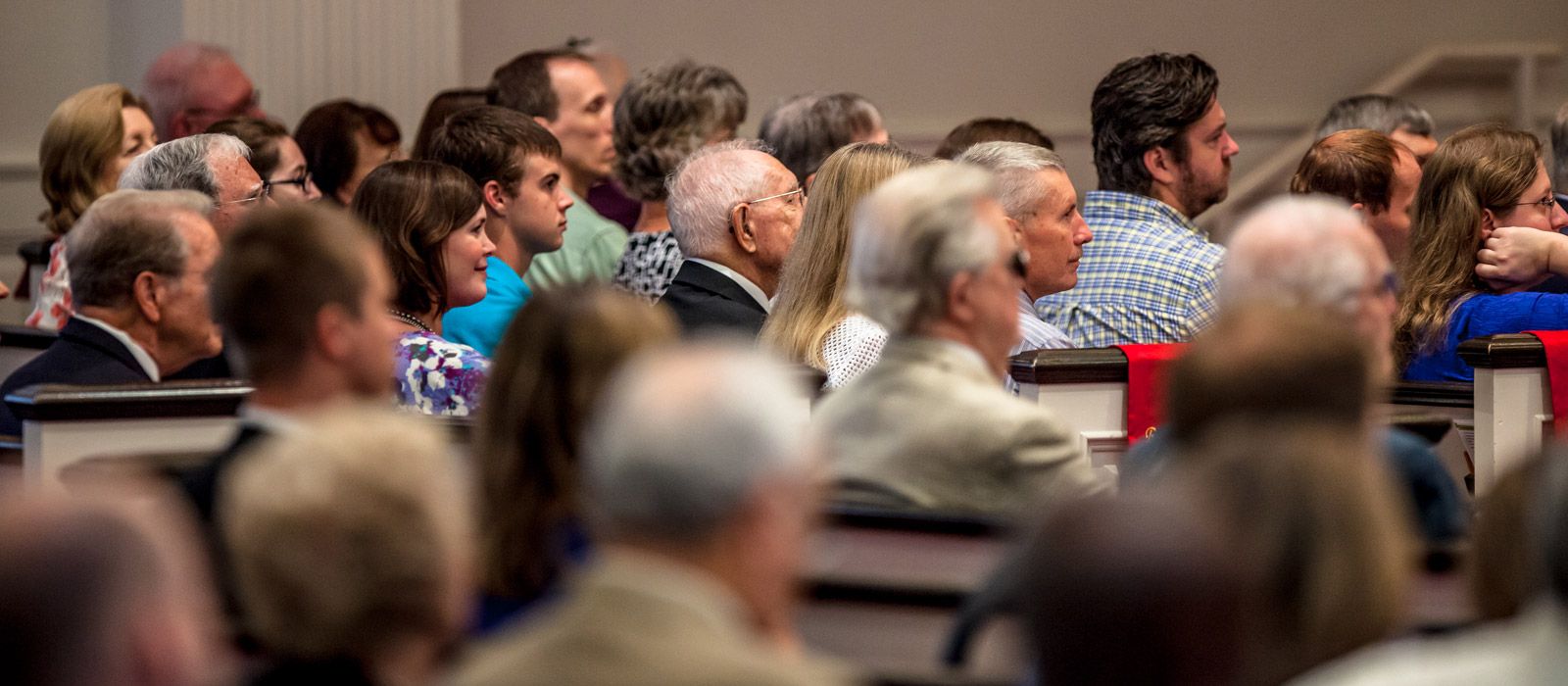WHAT WE BELIEVE – THE CHRISTIAN AND THE SOCIAL ORDER
Is there anything more polarizing today than American politics and the social order? Unfortunately, this polarization does not exclude Christians from being involved in promoting God’s wisdom for human flourishing. While we must be involved, we can do so with wisdom and discernment. Looking at two different passages of Scripture, I would like to offer four ways in which the Christian is responsible to the government for God’s glory.
First Peter 2:13-16 states, “Be subject for the Lord’s sake to every human institution, whether it be to the emperor as supreme, or to governors as sent by him to punish those who do evil and to praise those who do good. For this is the will of God, that by doing good you should put to silence the ignorance of foolish people. Live as people who are free, not using your freedom as a cover-up for evil, but living as servants of God.”
In this passage, we find that the Lord commands us to submit to the governing authorities for his sake because, “there is no authority except from God, and those that exist have been instituted by God” (Romans 13:1b). This obedience typically leads to the flourishing of the community.
Secondly, the Christian is to live freely in spite of the government. Afterall, it is the Christian who is truly free indeed. Free from sin. Free from the fear of man. Free from judgment because of Christ’s sacrifice. Truly, Paul is correct in Romans 8:31 that “If God is for us, who can be against us?”
This freedom enables us to be good and godly citizens in our communities. But, like Daniel in exile or Peter and John before the Sanhedrin, there are times when we must obey God rather than man. Yet, we should do this with winsome and respect in order that our behavior, and possible civil disobedience, glorify God and advance his kingdom.
Thirdly, the Christian ought to consider serving God in the government. We are blessed here at FBCTLH with numerous public servants in our community and in our local and state government. This is an incredible opportunity to be salt and light to a world that is crumbling around us.
Finally, 1 Timothy 2:1-6 commands us to be a praying people. Paul commands Timothy, and by extension all of us, to pray for all people, for kings, and for all who are in high places (vs. 1-2). Furthermore, our prayers are to cover every area of one’s prayer life. We are to offer supplications (requests and entreaties), prayers (petitions), intercessions (appeals to God with urgency and boldness), and thanksgivings (expressions of gratitude) for our government leaders. We pray like this, according to Paul, in order to lead a peaceful life (vs. 2) and because it is pleasing in the sight of the Lord (vs. 3). Ultimately, however, knowing our citizenship is in heaven enables us to live a gospel-centered life in our community. To borrow a phrase from Randy Alcorn, this citizenship helps us to be so heavenly-minded that we are of the greatest earthly good.


Terry Delaney, Associate Pastor of Missions & Pastoral Care

